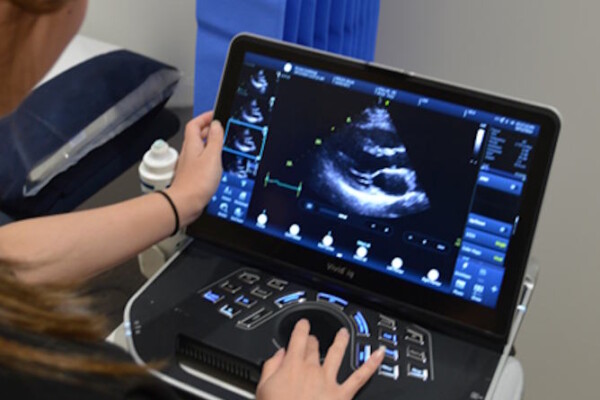They say no two Heart Attacks are the same and warning signs can dramatically differ from person to person. Do you know the warning signs to look for?
Heart attacks happen when one or more of the coronary arteries, which supply blood to your heart, become blocked. This means blood and oxygen can’t reach the heart and causes damage to the heart muscle.
Chest discomfort or pain (also known as angina) is the most common warning sign of a Heart Attack. It can feel like uncomfortable pressure, aching, numbness, squeezing or fullness in your chest. Many people are familiar with this warning sign, as it’s the classic sign often depicted on TV or in the movies. Sometimes people describe the pain or discomfort as “an elephant sitting on my chest”. It can spread to your arms, neck, jaw or back, lasting for several minutes or coming and going in waves. However, it is important to remember that in some people, a life-threatening heart attack can start slowly with only mild pain or discomfort. In other cases, people might not get any chest pain at all.
Did you know there are some less obvious and less common warning signs that people might experience before a heart attack? Here are five that you might not expect:
1. Dizziness, light-headedness or feeling faint
If you suddenly become unsteady on your feet, the room starts spinning or your vision starts to fade, your body may be warning you of an impending heart attack. Tell someone right away if you are experiencing these symptoms.
2. Nausea, indigestion, or vomiting
Indigestion, nausea, and vomiting can be symptoms of many conditions, but it is important not to dismiss them, as they can be a warning sign of a life-threatening heart attack. The best way to be sure if what you’re experiencing is critical is to seek urgent help. Medical tests can diagnose the cause of your symptoms, and if it is a heart attack, the earlier you get help, the better.
3. Shortness of breath
Shortness of breath can be brought on by physical activity, extreme temperatures, or high altitudes. It can also be a common symptom of many other medical conditions. However, tightening in the chest, difficulty breathing or breathlessness with or without chest discomfort can occasionally be a warning sign for a heart attack. If you are experiencing shortness of breath which is not normal for you, it’s best to seek medical help right away.
4. Sweating or a cold sweat
Sweating, or breaking out in a cold sweat – that is, a sudden chill in your body, regardless of temperature in the environment – can also be warning signs of a heart attack.
5. No warning signs at all
Finally, it is entirely possible to experience a ‘silent heart attack’, where you might not have any symptoms at all. In this case, your heart attack might not be picked up until later down the track.
It is possible to experience several of these symptoms or just one. They usually last for at least 10 minutes and may come on suddenly or get worse as time passes.
And did you know women are more likely than men to suffer from the non-chest pain symptoms listed above, along with feeling fatigued or tired?
Here are some Heart Health for Life to reduce the likelihood of a heart attack:
- Be smoke free
- Do regular exercise
- Eat a heart healthy diet
- Maintain a healthy body weight
- Reduce your alcohol intake
- Look after your mental health
- Manage high blood pressure and cholesterol
- For people with diabetes, manage blood sugar levels.
The warning signs of a heart attack vary, and it is important to recognise them, as ignoring them could be fatal. Knowing the symptoms and acting on them quickly can increase your chance of survival. If you, or someone else, is experiencing the symptoms of a heart attack, call Triple Zero (000) immediately and ask for an ambulance.
Don’t forget – if you’re 45 and over (or 30 and over if you identify as Aboriginal or Torres Strait Islander), book a Heart Health Check with your GP today. Having a regular Heart Health Check will help you better understand your risk of a heart attack or stroke in the next five years.
(The above information was taken from The Heart Foundation Australia. For more information please visit their website).











